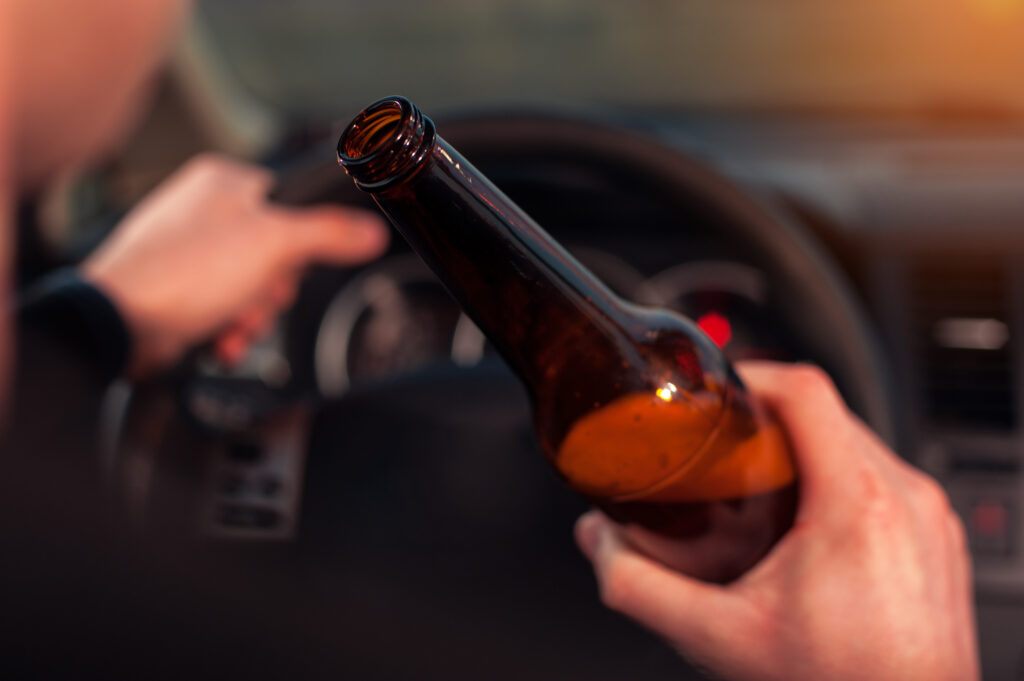What are Punitive Damages? 2 Huge Reasons Why These Damages may be Recovered
What are punitive damages, and how can they be recovered in a personal injury case?
Economic, non-economic, and punitive damages are different damages that one can recover following a personal injury.
Damages are defined by Merriam-Webster as “compensation in money imposed by law for loss or injury”.
Economic damages are awarded to a victim for any financial losses connected to their personal injury case. They are more tangible, and include damages like lost wages, medical bills, etc.
Noneconomic damages are more intangible. Examples may include more stress-related issues, such as Post-traumatic stress disorder or depression suffered after a personal injury.
Punitive damages are generally awarded for two reasons –
- To punish the defendant for their reckless actions.
- To set an example so that others will not follow in these actions.
Punitive damages are an addition to other damages. They cannot be recovered alone, so one must also be recovering economic or non-economic damages first.
Imagine a situation where Carol is on her way home from work one night when a drunk driver crashes into her car. She’s severely injured, requiring multiple surgeries for broken bones and organ damage. She’s bed-ridden for months, and may never regain full control over certain limbs.
In this case, Carol may be able to recover punitive damages for the accident. This would both:
- Discipline the defendant for their wrongdoing.
- Set an example for others not to follow the same actions (drinking and driving), or face severe negative ramifications
However, if it was an accident where a driver not under the influence hit Carol after mistakenly going through a stop sign, it would be harder to make a claim for punitive damages.
While it may punish the defendant, the wrongdoing of going through a street sign is not as reckless as drunk driving. It was more so negligence made by the other driver.
Under California Civil Code 3294, the plaintiff “may be awarded punitive damages if there is clear and convincing evidence that the defendant in their case is guilty of oppression, fraud, or malice”.
As defined by the civil code, oppression, fraud, and malice are:
- Oppression – “despicable conduct that subjects a person to cruel and unjust hardship in conscious disregard of that person’s rights”.
- Fraud – “an intentional misrepresentation, deceit, or concealment of a material fact known to the defendant with the intention on the part of the defendant of thereby depriving a person of property or legal rights or otherwise causing injury”
- Malice – “conduct which is intended by the defendant to cause injury to the plaintiff or despicable conduct which is carried on by the defendant with a willful and conscious disregard of the rights or safety of others”.
How exactly does one retrieve punitive damages? It’s usually not an easy task.
There are limited circumstances under which a victim may successfully recover punitive damages. Proving the at-fault party guilty of oppression, fraud, or malice in addition to the other damages you seek is an extremely arduous challenge.
Just because it’s a challenge doesn’t mean your attorney shouldn’t seek punitive damages if they seem fit.
The Los Angeles lawyers at C&B Law Group will do whatever we can within our legal power to make sure you receive the justice you deserve.
If we believe punitive damages can be recouped after your personal injury, we vow to work as hard as we can to get you the maximum compensation possible.
Your initial phone consultation with our attorneys at C&B Law Group is 100% free. We’ll review your case and ensure we have the necessary information in order to move forward with your suit.
If you were injured following an accident, contact us today to learn more about how we can help you.












